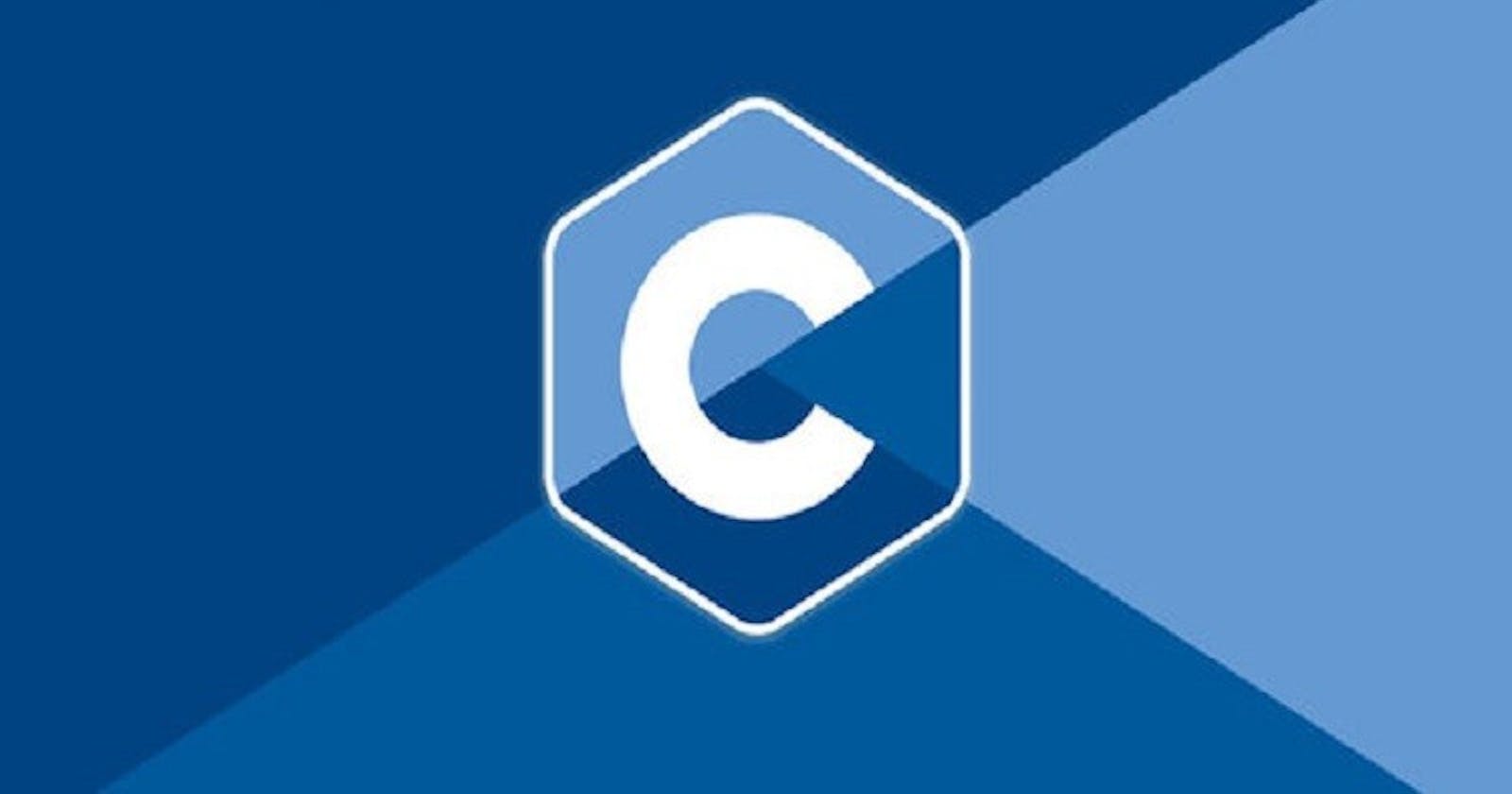Introduction
When it comes to programming in C, the preprocessor directives are one of the most important and useful features. These directives are a set of instructions that are executed before the code is compiled, allowing you to customize the output of your code. In this article, we will discuss what preprocessor directives are, how they work, and why they are important to know.
What are Preprocessor Directives?
Preprocessor directives are a set of instructions that are executed by the preprocessor before the code is compiled. They begin with a hash symbol (#) and are used to customize the compilation process. These directives are not considered part of the C language itself, but are rather a set of tools that can be used to modify the source code prior to compilation.
There are several preprocessor directives available in C, but some of the most commonly used include #define, #include, and #ifdef.
#define
The #define directive is used to create constants, macros, and functions. Constants are used to define values that do not change throughout the program, while macros are used to define code snippets that can be called repeatedly throughout the program. Functions, on the other hand, are used to define reusable blocks of code that can be called from multiple locations in the program.
For example, let's say you want to define the value of Pi in your program. You could use the following code:
#define PI 3.14159
Now, whenever you use the variable PI in your program, it will be replaced with the value 3.14159.
#include
The #include directive is used to include header files in the program. Header files contain declarations of functions, variables, and other data types that are used in the program. By including header files, you can avoid having to write the same code multiple times.
For example, let's say you want to use the printf() function in your program. You could include the stdio.h header file, which contains the declaration for the printf() function, using the following code:
#include <stdio.h>
Now, you can use the printf() function in your program without having to declare it yourself.
#ifdef
The #ifdef directive is used to include or exclude sections of code based on whether a certain macro is defined or not. This is useful for creating platform-independent code, as you can define macros for different platforms and include or exclude code based on the platform.
For example, let's say you want to include a section of code that is only used on Windows platforms. You could define the macro WINDOWS using the following code:
#define WINDOWS
And then, you could use the following code to include the Windows-specific code:
#ifdef WINDOWS
// Windows-specific code
#endif
Why are Preprocessor Directives Important?
Preprocessor directives are important because they allow you to customize the compilation process and make your code more efficient and reusable. By using preprocessor directives, you can define constants and macros that can be used throughout the program, reducing the amount of code you need to write. You can also use preprocessor directives to include header files and create platform-independent code, making your code more portable and easier to maintain.
In addition, preprocessor directives allow you to customize the output of your code. For example, you can use preprocessor directives to include or exclude sections of code based on certain conditions, or to define different configurations for different platforms. This can save you a lot of time and effort when working on large projects, as you can easily modify the behavior of your code without having to manually change each instance of the code.
Conclusion
Preprocessor directives are an important and useful feature in C programming. They allow you to customize the compilation process and make your code more efficient and reusable. By using preprocessor directives, you can define constants and macros, include header files, and create platform-independent code. So if you're serious about programming in C, it's important to understand how preprocessor directives work and how to use them effectively. By using preprocessor directives, you can make your code more portable, easier to maintain, and more efficient.

